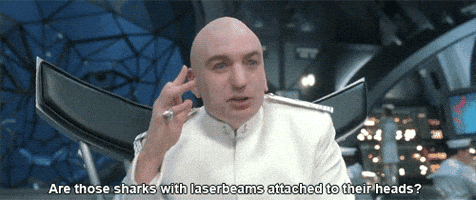- Messages
- 5,666
Money above all for these idiots.“…A group of about 400 EPA employees have signed a public letter sent Monday to Zeldin claiming the Trump administration is ignoring science to the benefit of corporate polluters. Zeldin is “fundamentally changing the mission of the EPA when he focuses on industry needs above human health and the environment,” said Amelia Hertzberg, an environmental-protection specialist at the EPA who signed the letter. She said she was put on administrative leave in February.
An EPA spokeswoman said the agency was “bound by laws established by Congress—not what some would like the law to say.”
Under Zeldin’s leadership, scientists at the agency’s Office of Research and Development have seen their funds, staffing and contracts slashed, according to people familiar with the matter. The EPA earlier this year submitted a plan to the Office of Management and Budget to eliminate the research and development office and fire at least half of its staff, according to a document reviewed by Democratic staff for the House Science Committee and seen by the The Wall Street Journal….”
Who cares if 80% of the population dies and the remaining have to live underground.


